Scammers claiming to represent payday loan companies have been very active this year. State Attorney General offices across the country have ramped up their investigations and prosecutions of these scams. As I wrote in my last blog post, even folks who do not have an outstanding payday loan are being targeted.
But what can you do to fight back if you are victimized? First, contact local law enforcement. You pay taxes to support law enforcement efforts and they need all the help they can get to track down these criminals. Minnesota residents can start by reporting any suspicious calls or emails to the Minnesota Attorney General.
Second, if a scammer is calling you it's usually because they've stolen information from a private database containing information about payday loans. This means that you have been the victim of a form of identity theft. The FTC has information for what you can do when this happens to protect yourself.
Third, do not give the scammers any more personal information. They will often use subtle tricks to try and pry details out of you about where you work or bank. You obviously should not give away any of this information. But before you hang up, you can ask the scammer to provide "written proof" of the debt in question. Federal collection laws require legitimate collectors to stop calling and to provide written documentation about the debt if you ask. You would be required to give them a current address to do this, but it is a way to determine with certainty whether the call is from a scammer. A legitimate collector would follow the rules and deliver the information. A scammer will not. If they push back against your request, you can let them know that you plan to report their violations to your State Attorney General and the FTC. This would probably convince them to cross you off of their list as a potential target.
Finally, if anyone calling threatens you, hang up and call the police. Even if you think you still may have a lingering payday loan out there somewhere, you cannot be put in jail or punished criminally for failing to pay a debt. Someone who threatens you with criminal sanctions for failing to pay a debt is not only misleading you, they may themselves be committing a crime.
Image credit: frankieleon


